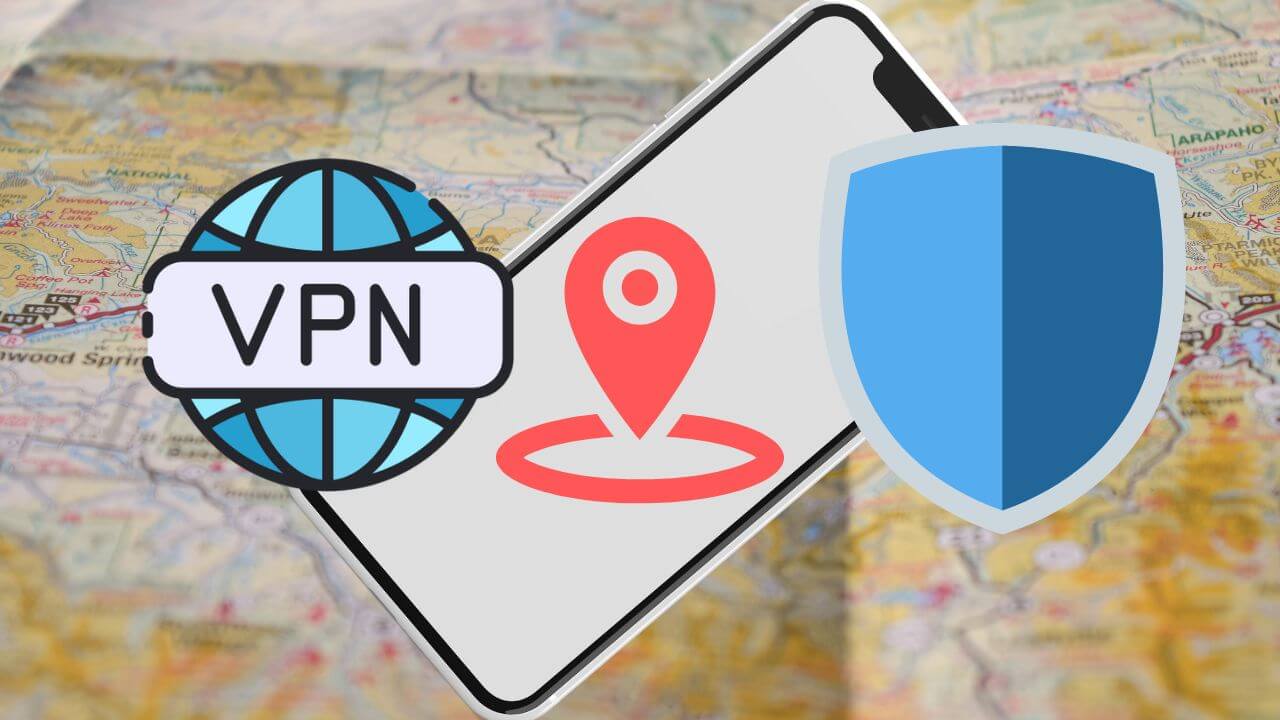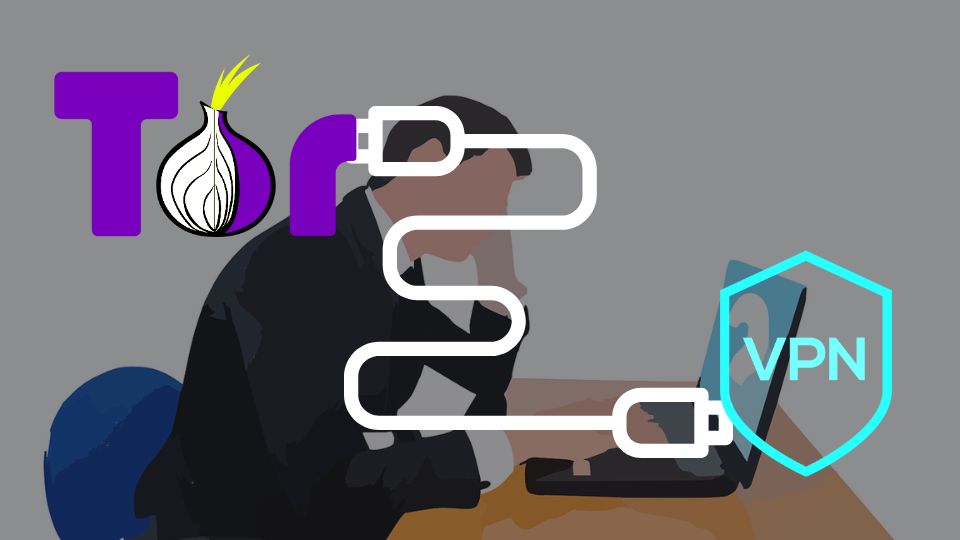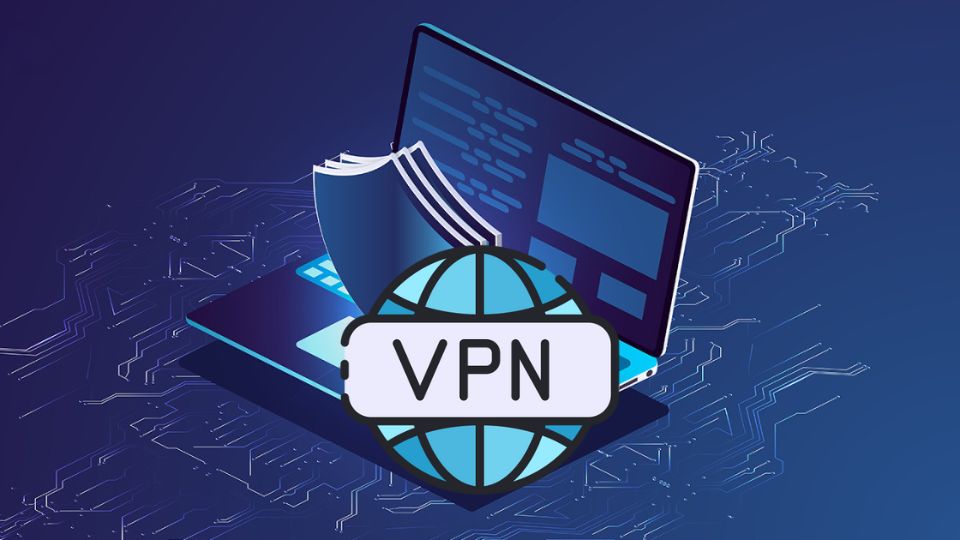This post may contain affiliate links. As an affiliate, we earn from qualifying purchases. We get commissions for purchases made through links in this post.
A Virtual Private Network (VPN) is a service that allows you to connect to the internet securely and privately. It does this by routing your internet connection through a secure server, encrypting your data, and hiding your IP address. Many people use VPNs to protect their online privacy and security, but one question that often comes up is whether a VPN can hide your phone’s location. In this article, we will explore the capabilities and limitations of VPNs in terms of hiding your phone location, as well as answer some other common questions about VPNs.
Can my phone be tracked if I use a VPN?
Yes, a VPN will hide your phone’s location. However, it can only hide it from websites or mobile app servers that rely on your IP address to track your phone’s location. That’s why it is not enough to just use a VPN if you want to stay completely incognito about your whereabouts.
Many apps like Google Maps or Apple Maps as well as other modern mobile applications require your GPS to stay enabled in order to function properly. Not only navigation apps but also some dating apps (e.g. Tinder) will not let you use them if you do not allow access to your GPS data.
The good news is, you can always disallow GPS info access for your apps as all modern Android and iOS systems will require your approval before any app can use your location data.
If you’re using your phone for web browsing, watching YouTube, streaming services like Netflix, and other types of activity that do not require your location sharing, you can absolutely rely on a VPN ability to hide your IP address that also hides your location. Say, you are browsing this website from the US, but using one of the most reliable VPN providers (e.g. NordVPN) to connect to the Internet via a VPN server located in Japan. In this scenario, even though you are in the US, my server will assume you are browsing from Japan.
So, if you keep your GPS off, a VPN can almost always hide your phone’s physical location.
Be advised, if you are using mobile Internet, some apps might take advantage of your provider’s base station data and still track your location even without a GPS. The latter is less likely to happen, but, if you want to be 100% secure, make sure to connect to a VPN via Wi-Fi. You can either connect to the nearest hotspot, or, use a 4G modem with Wi-Fi tethering feature, and then connect to a VPN via that modem.
What does a VPN do to protect my location?
While a VPN cannot by itself hide the location of your phone, it can guard your location information against prying eyes. Your internet connection is forwarded through a secure server and encrypted when you use a VPN. Due to this, it is far more challenging for someone to intercept or trace your location data.
You can avoid being tracked by websites and applications utilizing your IP address by connecting to a VPN. Many websites and applications use your location to serve you content or advertisements that are relevant to where you are. Because a VPN masks your IP address, many websites and apps cannot determine your physical location from it.
What are the other benefits of a VPN?
A VPN can offer many more advantages to safeguard your online privacy and security, even though it alone might not be able to conceal the location of your phone. A VPN offers a number of key advantages, such as:
- Encryption: As was already mentioned, a VPN encrypts your data, making it much harder for anyone to intercept or read your data. When accessing public WiFi networks, which are frequently insecure and might be a popular target for hackers, this is especially crucial.
- Online anonymity: By obscuring your IP address, a VPN helps protect your online privacy. This can help save you from targeted adverts and online tracking by making it far more difficult for anyone to trace your online actions.
- Bypassing censorship: VPNs can also be used to get around Internet restrictions and access prohibited websites and applications. People who live in nations with severe rules governing Internet filtering will find this to be especially helpful.
- Protecting your device: By passing your Internet connection through a secure server, a VPN can also protect your device from malware and other online threats.
What are the limitations of a VPN?
While VPNs are very useful in providing strong protection for your privacy and hiding your IP address, there are some limitations that are worth keeping in mind. Here are some examples:
- Speed: Using a VPN can cause your internet speed to be slower while your connection is routed through a secure server. When watching streaming videos or playing online games, this can be very noticeable.
- Logging: You can be monitored online by some VPN providers since they store records of their users’ online actions. This is especially crucial to take into account if you use a VPN to maintain your anonymity or get around restrictions.
- Jurisdiction: A VPN provider is required to follow the local laws of the country where it is based. This means that the VPN provider, whose headquarters are in a country with severe surveillance laws, may be forced to disclose user data to enforcement agencies. Before subscribing, it’s crucial to learn about the regulations and privacy policies of a VPN provider.
- Amount of servers: Not all VPN providers can boast many servers and locations to choose from. Among the best ones in this regard are NordVPN and ExpressVPN.
Which VPN providers are the best for hiding your mobile phone’s location?
The best VPN services are those that give a high level of security and privacy, as well as a strong focus on mobile compatibility when it comes to concealing the location of your mobile device. NordVPN and ExpressVPN are two VPN service providers that stand out in this regard. Both providers are outside of the jurisdiction of 9 eyes and 14 eyes.
NordVPN
NordVPN is a well-known VPN service provider that offers a high level of protection and privacy as well as a convenient mobile app. With the NordVPN app, you can quickly connect to one of their servers and secure your online activities on iOS and Android devices. Strong encryption and a rigorous no-logging policy are both features of NordVPN. Additionally, they operate a big network of servers across numerous nations, which can make it more challenging to pinpoint your location. It also has unique features that boost your privacy. Those features are a Double VPN and an Onion over VPN.
ExpressVPN
ExpressVPN has a special feature called TrustedServer technology. In order to add an extra degree of protection and prevent data from being kept on a hard drive, this technology makes sure that all data is stored in RAM and destroyed upon reboot. This makes it much more challenging to trace your location or internet activities because ExpressVPN does not save any user data. Even if the server is taken over, no one will be able to access your data since ExpressVPN uses TrustedServer to ensure that all data is saved in RAM and erased upon reboot.
Conclusion
A virtual private network, or VPN, can conceal the location of your phone bypassing your internet traffic through a distant server. This gives the impression that your gadget is somewhere other than where it actually is.
Though a VPN can conceal your phone’s IP address and location from websites and apps, it might not be able to conceal your position from your mobile carrier or law enforcement. In addition, some applications and websites might still be able to pinpoint your location using different techniques like GPS or GSM triangulation.
Additionally, not all VPNs are made equal, and some might not provide the level of security and privacy you require. It’s crucial to do your homework and select a reliable VPN service that suits your needs.




3 thoughts on “Does a VPN hide your phone location?”
Comments are closed.